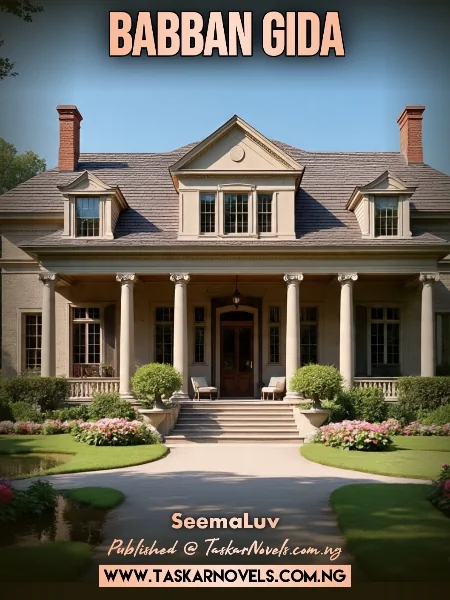
BABBAN GIDA (translated as "The Big House") is a captivating Hausa romance novel by SeemaLuv (also known as Safiyya Idris), a prolific writer celebrated for her heartfelt tales of love, family loyalty, and the intricate dance of marital beginnings in affluent Hausa society. Serialized on platforms like Wattpad and shared across online Hausa literature communities, the story unfolds in the opulent confines of a sprawling family mansion, where traditions clash with modern desires, and whispered affections bloom amid the grandeur of celebrations. Dedicated to her devoted fans and fellow writers in groups like Pure Moment of Life and SeemaLuv Novels, the novel spans multiple parts, blending tender dialogues, cultural rituals, and simmering tensions to explore the fragility of new unions and the shadows of unspoken jealousies.
At its heart, BABBAN GIDA follows Fadwa, a poised young bride whose arranged marriage to the charismatic Yaya Khaleel propels her into a world of lavish events and familial expectations. Surrounded by a vibrant cast—including her protective cousin Ilham, stern yet loving Umma (stepmother figure), and a web of k'awaye (bridesmaids)—Fadwa navigates the euphoria of her wedding day alongside creeping doubts about her husband's fidelity. Khaleel, a dapper heir to family wealth, embodies the allure of privilege, yet his divided loyalties—to Fadwa's innocence and his ex-lover Lubna—threaten to unravel the fragile harmony of their "big house."
In the provided excerpt, which captures the whirlwind of post-nuptial festivities, Fadwa's journey from blushing bride to isolated wife takes poignant shape. The scene opens with the henna ceremony, where Fadwa, adorned in a net-like mayafinta, arrives at a decorated venue amid cheers and swirling dances. Ilham snaps endless photos, capturing Fadwa's wide-eyed wonder as Khaleel sweeps in, resplendent in flowing shadda and embroidered kaftan, to claim her hand in a whirlwind of traditional spins that leave guests enchanted—and Fadwa breathless. A secretive call from Al'ameen (a fleeting suitor?) adds a layer of intrigue, but joy prevails as the couple retreats, only for shadows to emerge later.
Back at the mansion, domestic rhythms reveal deeper rifts. Fadwa, fresh from a bath and wrapped in a towel, shares giggles with Ilham over Khaleel's attentiveness, unaware of his hotel rendezvous with Lubna. Their passionate night—marked by Lubna's pleas and Khaleel's evasive promises—highlights his internal conflict, culminating in a curt morning departure that leaves her seething with suspicion ("This girl is invading our space in two days"). Meanwhile, Khaleel's return home stirs minor frictions with the watchful maid Ige, but paternal blessings soon overshadow: Abba (father) gifts him a personal company, evoking tears of gratitude and a vow of fairness in marriage.
As the day progresses, Fadwa's vulnerability peaks during pre-wedding preparations. Over breakfast, Umma's cryptic "sinful" yogurt—meant to "lighten her burden"—sparks whispers of superstition among the k'awayen, underscoring the novel's undercurrent of cultural taboos around fertility and fidelity. The nikah (marriage contract) at the grand masallaci seals their union at 1:00 PM, unleashing waves of celebration. Yet, solitude follows: an elderly aunt's intimate nasihah (advice) on wifely duties leaves Fadwa tearful, confiding in Ilham her fear of losing a "part of herself" in this vast home ("Ilham, you're my sister, and even in BABBAN GIDA, I feel like I'll lose a piece of me... you'll be left alone without me!").
The excerpt crescendos in their new bedroom, where Khaleel's overbearing protectiveness borders on possession. He forbids her outings for two weeks, insisting on uninterrupted "bliss," and even selects her nightgown after catching her mid-bath—towel-clad and trembling—his gaze lingering too long on her exposed form. Fadwa's pleas for company fall on deaf ears, amplifying her isolation as Ilham's food delivery is rebuffed, forcing her into a hasty shower haunted by the echo of a knock at the bathroom door.
Thematically, BABBAN GIDA masterfully dissects the dualities of marital bliss: the intoxicating romance of henna nights and paternal legacies against the chill of jealousy, possessiveness, and societal pressures. SeemaLuv's prose, laced with Hausa endearments ("My beauty," "Yar uwata") and sensory details—the rustle of gele, the sting of unspoken sins, the warmth of shared Indomie—paints a vivid portrait of love's precarious perch in a "big house" that amplifies both joys and jealousies. Through Fadwa's eyes, readers witness the evolution from wide-eyed bride to resilient wife, pondering if forgiveness can bridge the gaps in a home built on tradition yet strained by modern hearts.
A staple for fans of emotional Hausa romances like those by Bilkisu Salisu or Aysha Muhammad, BABBAN GIDA resonates as a tribute to enduring bonds, reminding us that in the grandest homes, the smallest whispers can echo loudest
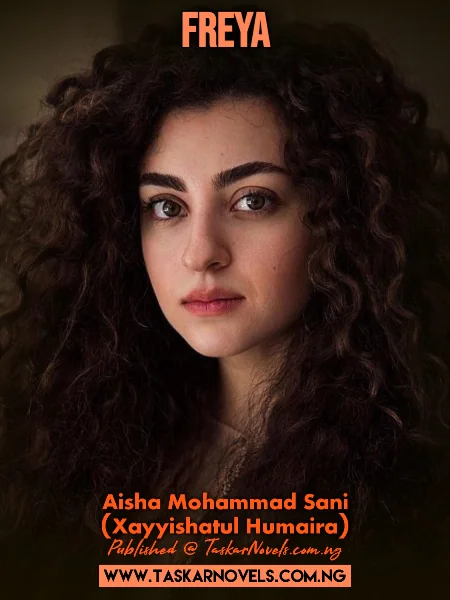
Aisha Mohammad Sani (Xayyishatul Humaira)

Asma Baffa

Nana Khadijatu

Binta Umar Abbale

Maryam Nasseer Miarh (Ammey laylah),The Nainarh KD
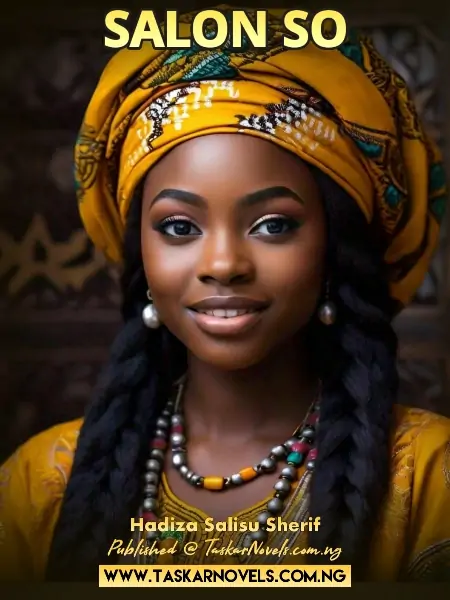
Hadiza Salisu Sherif
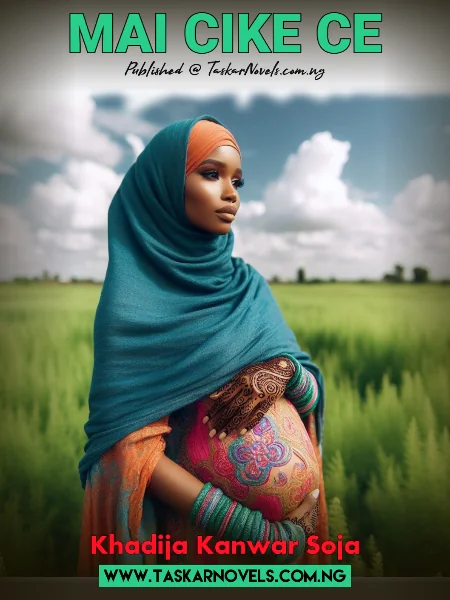
Khadija Kanwar Soja

Ummu Khaleel
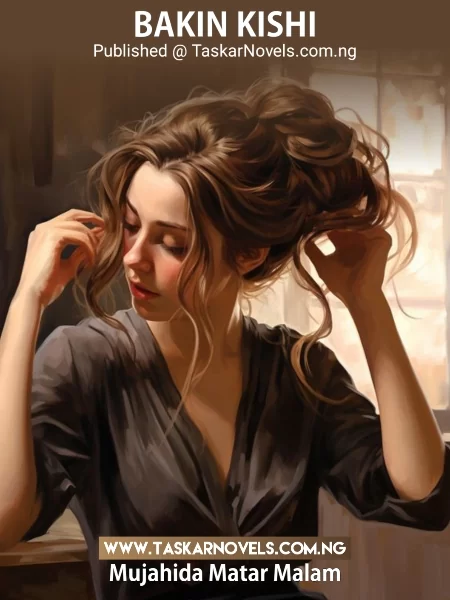
Mujahida Matar Malam

Zainab Idris Makawa

Safiyya Muktar Garba

Khadeeja Candy

by Feedohm

by Saudat A Baba Asdilat KD,Baraatu Ibrahim Raibs

by Rasheeda S Director

by Aisha Muhammad Maman Shakur

by Mujahida Matar Malam

by Mrs Sadauki

by NimcyLuv Sarauta

by Abba Gana,Bilkisu Ibrahim

by Aisha Humaira

by Mansur Usman Sufi